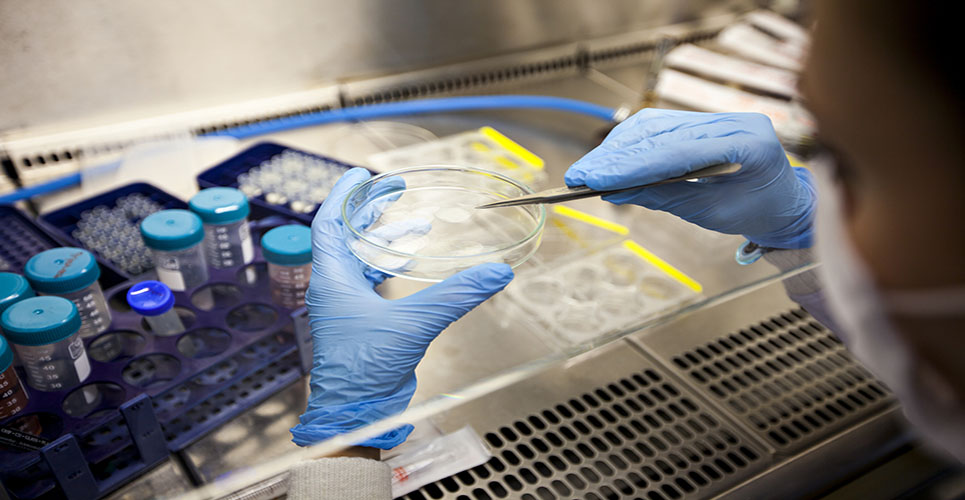teaser
A compound in the soil of Easter Island currently used to prevent organ rejection in transplant patients could lead to a genuine “anti-ageing” pill, research suggests.
A study from the Barshop Institute for Longevity and Ageing Studies, in Texas, looked at the life-extending properties of the antifungal agent rapamycin, produced by soil bacteria.
Researchers believe rapamycin, first discovered in the 1970s in soil samples from the South Pacific island, could be a biochemical “elixir of life”.
During the study, published in the journal Nature, mice were given rapamycin in their later stages of life – at around 20 months old. Results showed the animals’ life expectancy increased 28% in males and 38% in females.
Dr Arlan Richardson, director of the institute, said: “I never thought we would find an anti-ageing pill for people in my lifetime; however, rapamycin shows a great deal of promise to do just that.”
The compound, which is already being used as an immunosuppressor to prevent transplant patients from rejecting their donor organs, blocks activity of an enzyme called TOR which regulates cell metabolism, cell growth and protein manufacture in response to environmental cues.
But other experts warned that the immunosuppressive effects of rapamycin could be dangerous, and no-one should consider taking the drug to slow ageing.
Copyright Press Association 2009
Barshop Institute for Longevity and Ageing Studies

